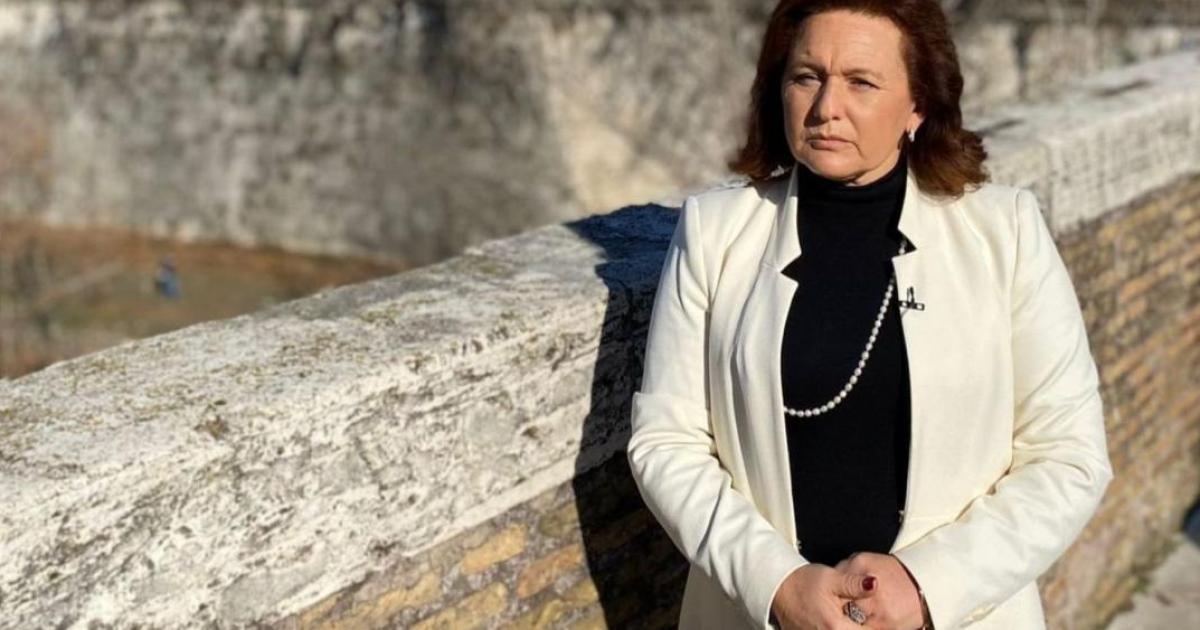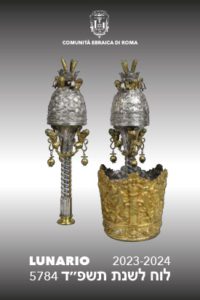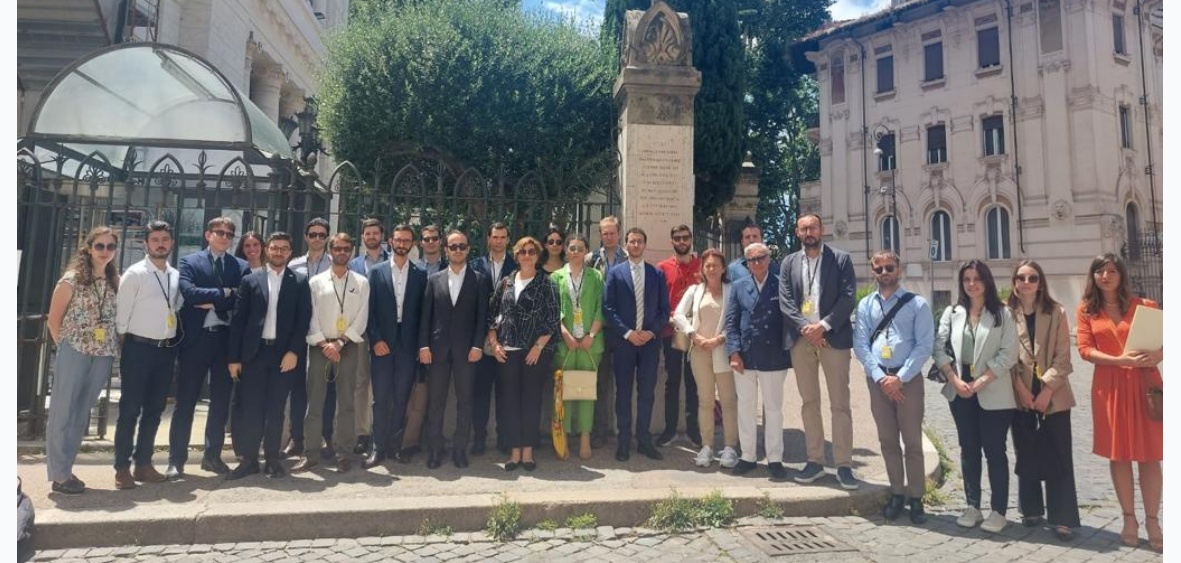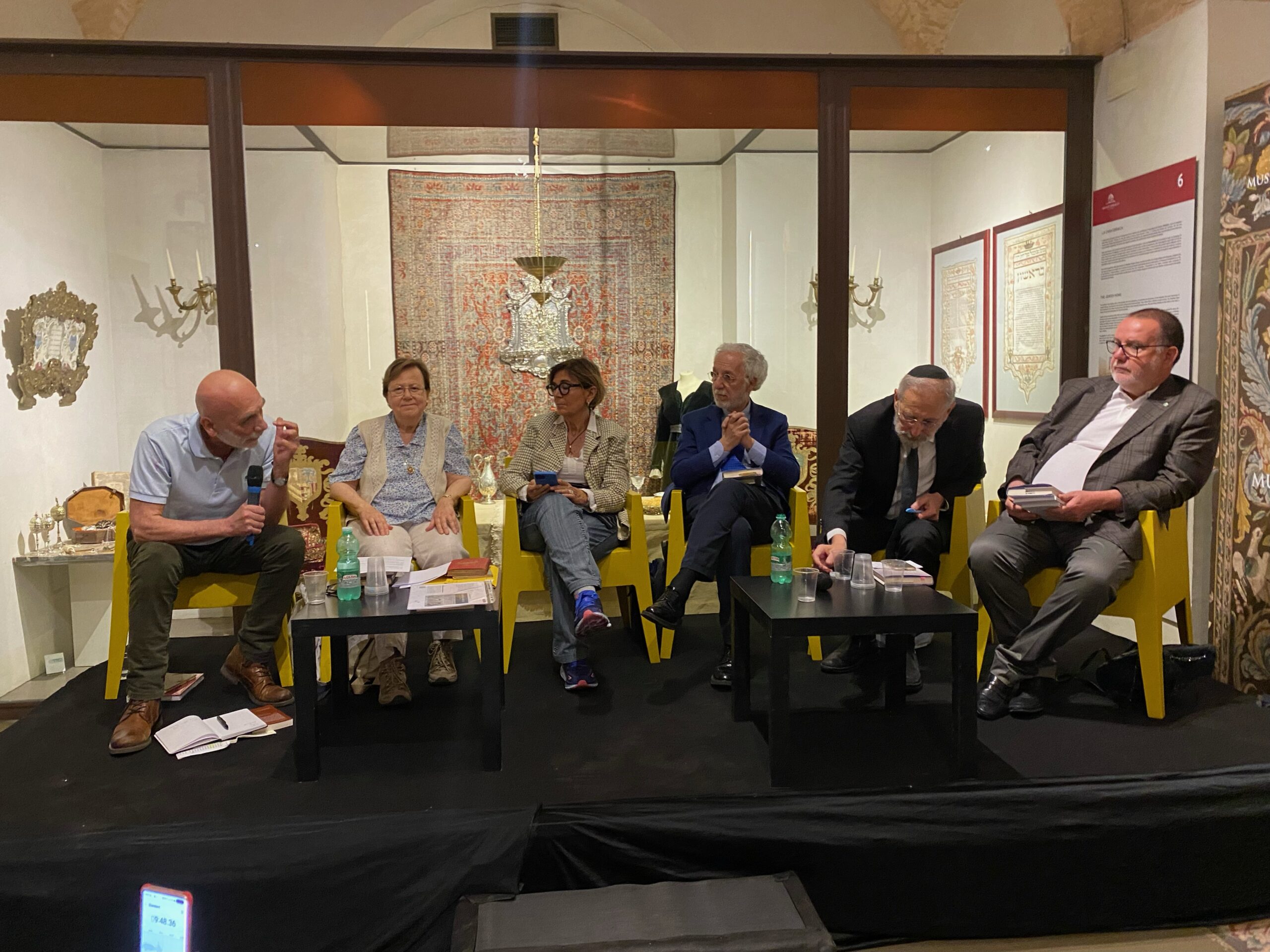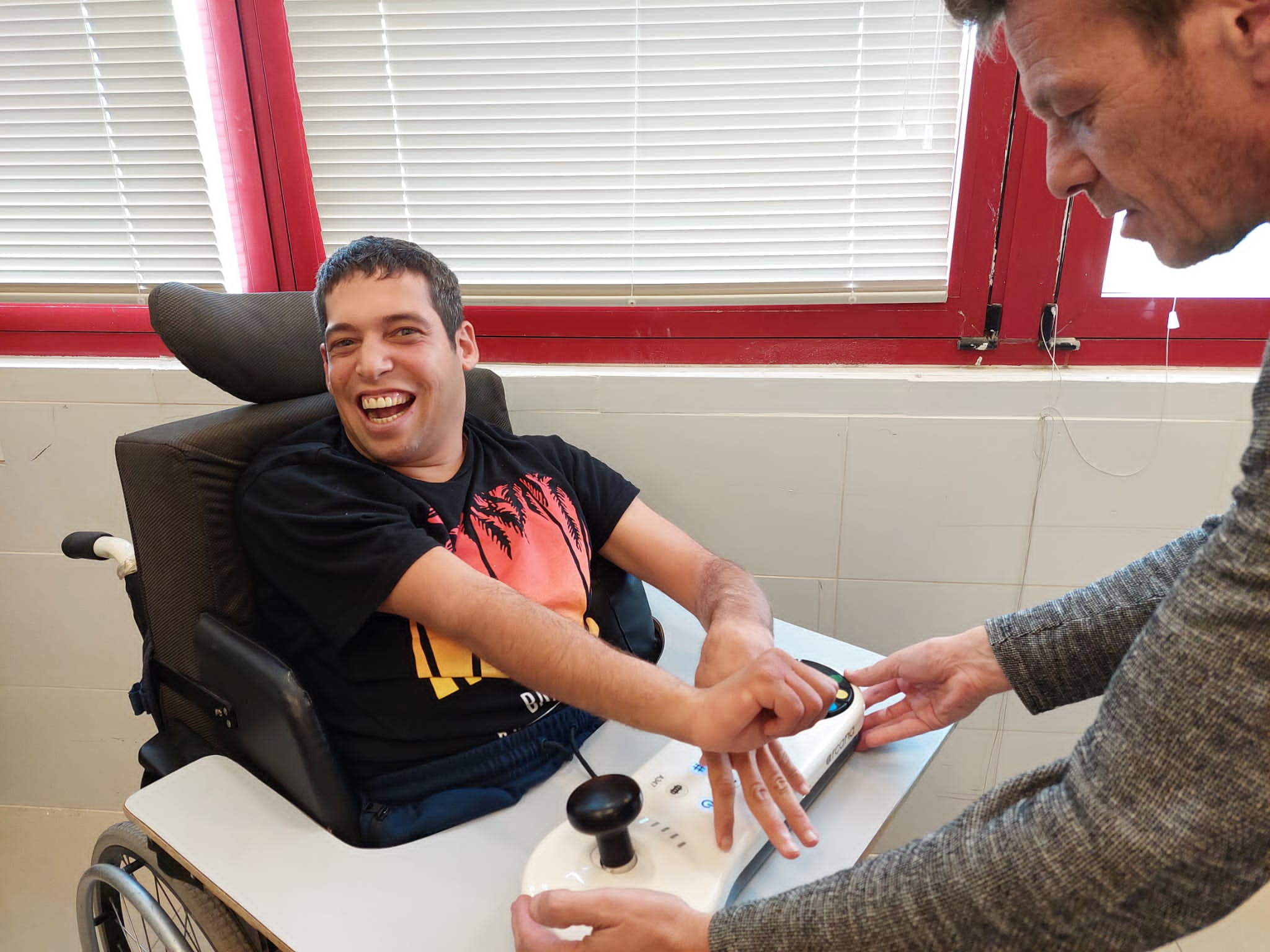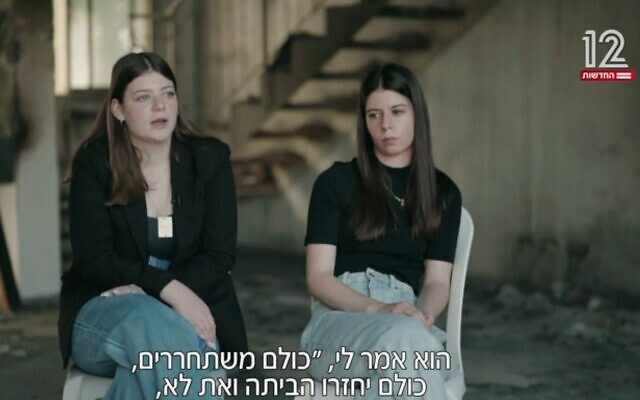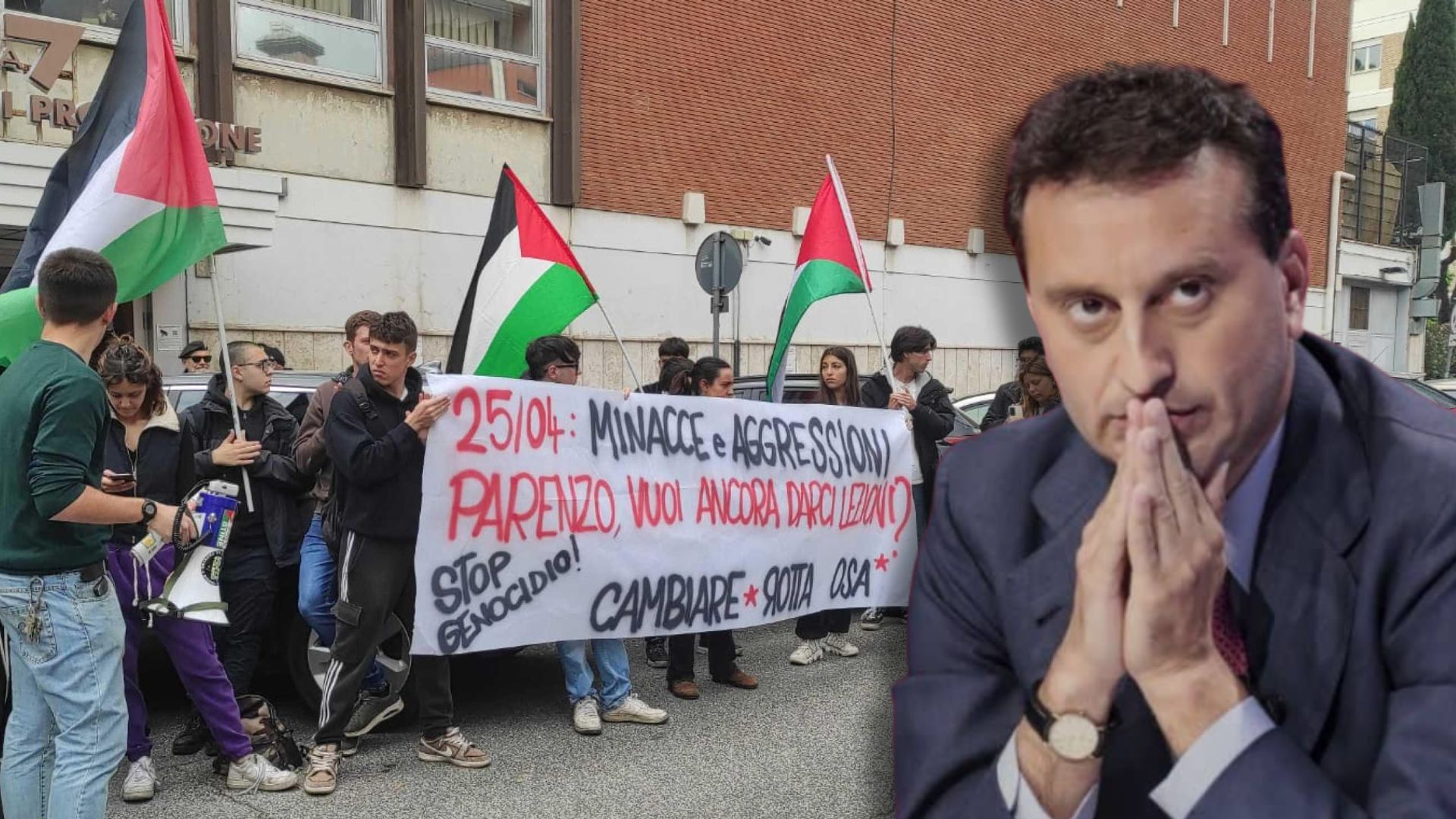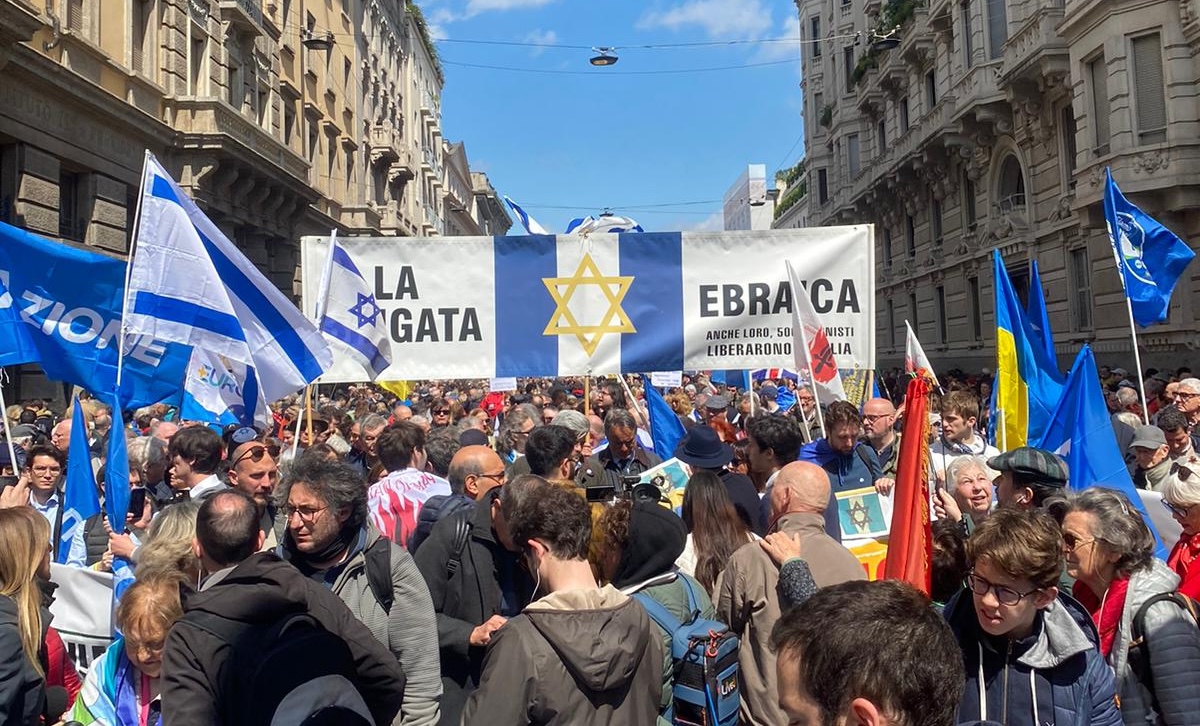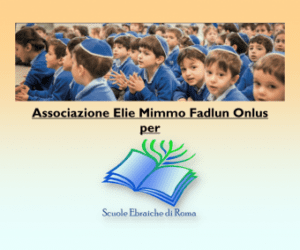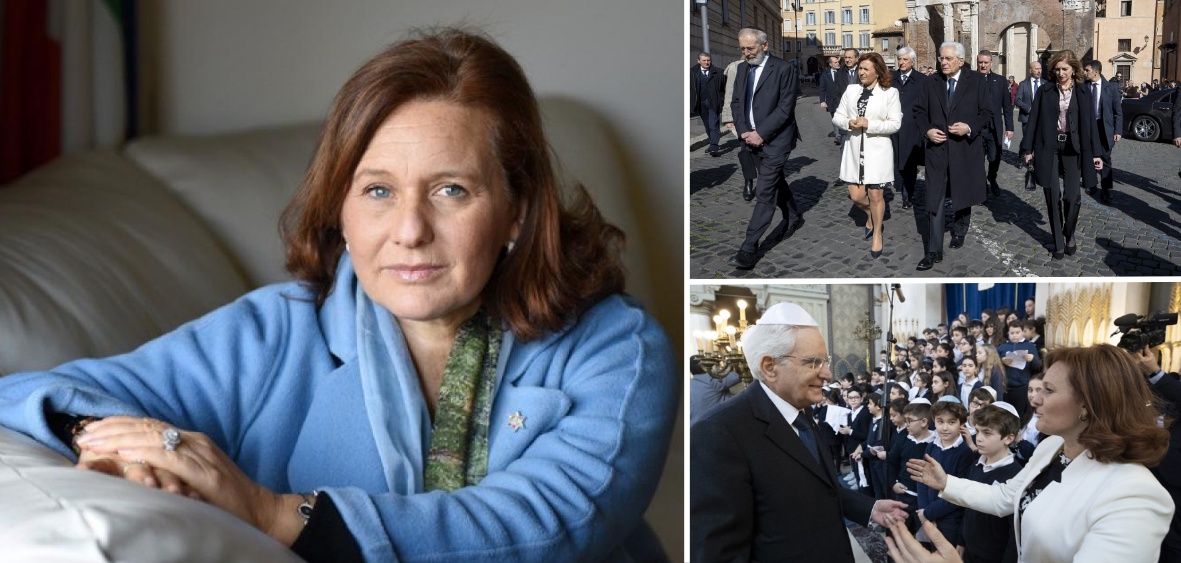
For eight years she led the Jewish Community of Rome as president, even through the toughest challenge, the pandemic. She was the first woman to become leader of the Roman Jews and as such to receive a Pope and a President of the Republic in the Tempio Maggiore. Reconfirmed in 2019, she worked according to the “vision”, a word dear to her, according to which the Jewish Community of Rome was to be a point of reference for the members and an authoritative interlocutor in the Jewish world, in politics, for the media and for culture, always making its voice heard. Ruth Dureghello, at the end of her career as president of the Roman Jewish community, tells Shalom about the years of her mandate, some of which were very hard. And when we ask her how she becomes a guide for the community, she replies “you are born a leader. It’s not you who decides to be one, it’s the others who choose you”.
How did you find the Community when you were first elected president in 2015?
I picked up an important inheritance, a vision of Judaism, of our schools, culture, young people, in short, of everything that constitutes the Jewish life of a Community. Right from the start, the extraordinary nature of the work I was going to do was revealed, in a world that was already starting to change…
What was the first challenge you had to face as President?
The story of the Israelitic Hospital, which arrived on my desk immediately after my inauguration in 2015. To resolve the crisis of the Institution, which was in danger of closing its doors, the Community Council concentrated all its efforts, above all moral: 700 jobs were at stake, the needs of many Roman citizens, the reputation of the Community and of a hospital that deserved the restoration of its dignity. Only thanks to a great deal of teamwork and a method that has marked our vision of the world of institutions, we managed to bring the hospital back to everyday administration in a short time. Today the institution is an excellence example of regional and national health care.
Over the years you have concentrated a good part of your commitment and your work to the battleground of relations with the institutions of the civic world.
We have received Heads of State, government representatives, diplomats, who continue to recognize in our Community a necessary point of reference for dialogue with Italian Jewry. In January 2016, together with the Chief Rabbi Riccardo Di Segni, I received the Pope. I shan’t forget the visit to the Tempio Maggiore of the President of the Republic Sergio Mattarella for the 40th anniversary of the attack of 9 October 1982, an occasion on which we again loudly asked for “truth” from the Italian State. There have been many institutional events that have seen the community as a leading figure in the political, administrative and regional debate.
What was the most exciting among those occasions?
President Mattarella’s meeting at the Synagogue with Jewish school students. It was February 21, 2020. The Head of State was welcomed by the boys and did not come to lay wreaths or to recall dark moments in history. That day we were “the locus” of an identity and a hope for the future.
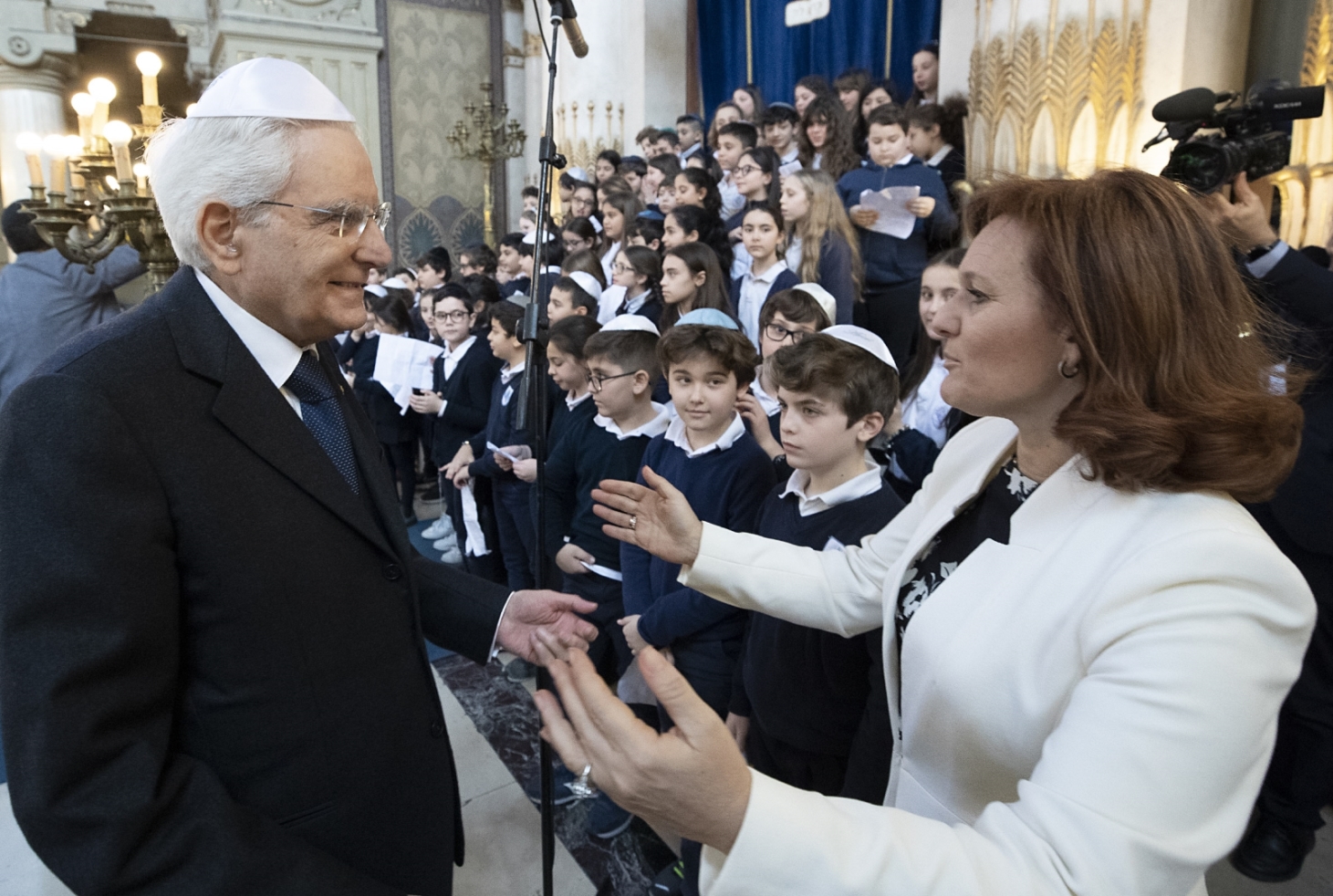
A few days after that visit, the most difficult period began, the pandemic emergency, lockdown.
The saddest moment of my mandate was when, on the evening of March 9, 2020, on the eve of Purim, with the Chief Rabbi, in a phone call that I will never forget, we were forced to make the toughest decision: to close the synagogues because of the pandemic. For the first time since World War II, the temples were closed. We had taken on an important responsibility for the health and safety of our members. The difficulties, the crises in the various areas, all came together, in an extraordinary situation never seen before. But the key to getting through it was facing the pandemic with the knowledge that we could do it. So we set up a crisis unit, the management of people who tested positive for the virus and the hospitalized, then psychological help together with all the measures necessary to protecting the community. We responded to the emergency, quickly deciding how to help our members, aware that even if we “lost” in economic terms, we would still have invested in the future. That is what a community should do. As soon as lockdown ended, war broke out in Europe. We have assisted entire families through the initiatives of individuals, our organizations and together with UCEI we have been able to welcome some Jewish families. Thanks to volunteer initiatives we were also able to deliver food and supplies to Ukrainian Jews.
Along with the pandemic and the Russian war in Ukraine the economic crisis has arrived. In terms of community administration, how does that weigh up?
We have always acknowledged our responsibilities, even in management, which has never sacrificed users, with the aim of increasing well-being and the possibility of living and growing in the community. We went outside looking for sources of investment. We have not raised school fees for many years. Fundraising, on an international and national level, is now a consolidated fact. Our Community now boasts an effective management model, which I hope will be picked up by the future leadership.
The word “vision” marked your mandate. What vision do you leave as an inheritance to whoever shall lead the Roman Jewish Community for the next few years?
I am leaving a community that has its accounts in order, a financial peace of mind that enables it to continue building. I leave healthy and increased poossessions, a series of services, the school in which we have invested a lot with excellent educational programs and I leave a museum that now represents excellence in the world. My vision of the Community is one that expresses unity, harmony, an internal debate that must be a positive part of our identity and for what we represent to the outside. They have been years spent in mediation so as to be the expression of everyone: this, I say to those who will come after me, is a great mission, to be a leader of all the individual identities that make up the Roman Jewish Community.
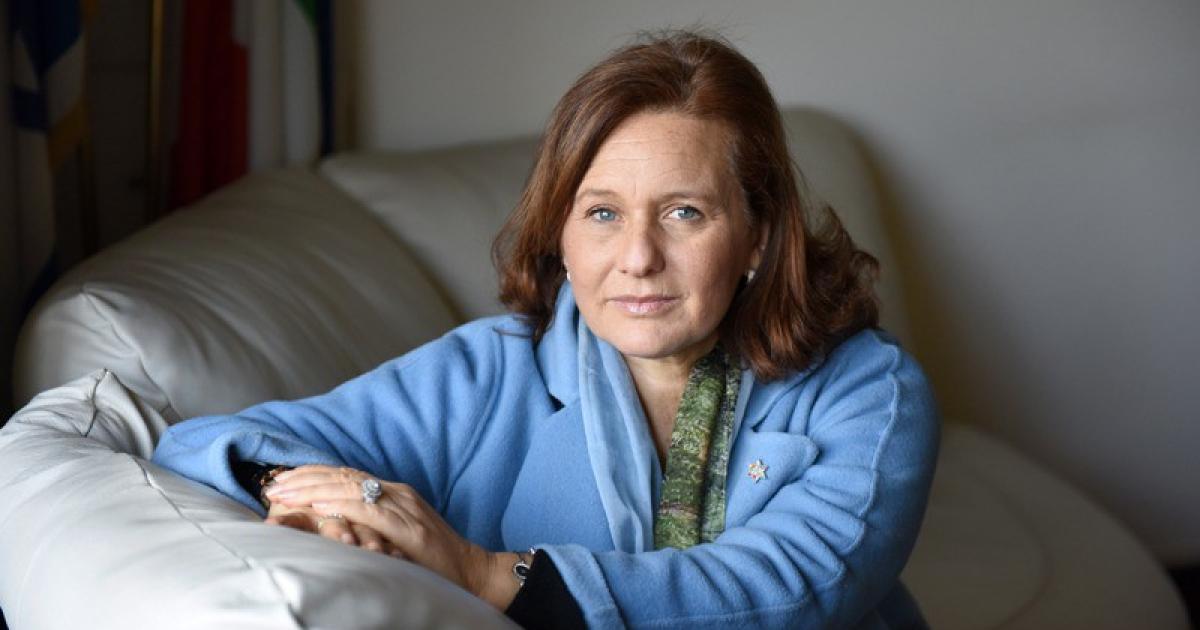
Your vision has also gone beyond the borders, involving international entities in shared projects and in the search for resources to improve and implement community structures. What kind of impact has this approach had on the Community? What have the results been?
Encounter with the other entities of international Jewry is above all a necessity for every community because isolating or closing ourselves off means weakening ourselves. For my leadership, the ability to network has always been a strong point and this exchange across borders has favoured the growth of the Community. When we build relationships with other communities in Europe and the world and with international Jewish organizations that deal with issues we all share, we become part of a larger system in which we too, with our history and cultural baggage, become a tool for growth and enhancement. Added to this is that today on the international scene the Jewish Community of Rome, thanks to this networking, presence and participation, has made us a model for Jewish tourism, of projects that see us involved and that allow the ” small” but fundamental Roman situation to have a leading role. It is an enterprise that has involved our school and the Jewish Museum of Rome in particular, which are considered spearheads on the international scene and which over the years have interacted with other schools and other museums to contribute and build together a process of valorisation and mutual growth. In moments of difficulty, when we also had to turn to these partners for help or support, the fact that we were already part of the international network as leading figures, made it possible to bring significant aid and the necessary support to Rome and to our members in overcoming the temporary crisis.
Among the various institutional encounters you have had, there have been many of an international nature. Which ones do you remember particularly?
First of all, the visit of Prime Minister Benjamin Netanyahu, which was followed by that of the President of the Knesset Amir Ohana, then the various ministers of the Israeli government who have chosen Rome not only as a reference point for relations with the country, but also for relations with Italian Judaism. I shall not forget the visit of the then Israeli President Reuven Rivlin nor the stirring moment of receiving Rav Yisrael Meir Lau first, then his son, the Ashkenazi Chief Rabbi of Israel David Baruch Lau at the Great Temple of Rome.
With the new challenges we have been facing in recent years, a certain difficulty in managing individual communities has emerged. In your opinion, what is the shape of the Jewish leadership of the future?
Each community has its own history and tradition. Each place expresses different elements in terms of leadership because they bring with them a peculiar cultural baggage. The quality of a leader’s expression goes through the ability to listen and to be consistent with one’s values. Being a leader is a skill. A leader is not such because he wants it, but above all because others recognize him as such. In short, it’s the others who choose you.
How important was being a woman in this experience?
I have never experienced the fact of being a woman as a special condition in the role I played. I have always found great respect at every table, both religious and political. During these years the relationship built with the Chief Rabbi was a strength: there were moments of confrontation, but everyone played their role very well. At all times my leadership has walked alongside Orthodox Judaism. And the results achieved were the result of this collaboration.
The Community of Rome is the oldest and largest in Italy. What was the nature of your relationship with the Union of Italian Jewish Communities and with its President Noemi Di Segni?
I started working with Noemi Di Segni when neither of us were yet president. Our personal relationship has always been nourished by mutual esteem and respect. The political relationship was different: the relationship between our community and the Union of Italian Jewish Communities is has historically been sometimes quarrelsome. Our political visions have often not seen us differ, but when I have faced many situations together with Noemi Di Segni, especially in recent years, we have created and built very good things. This is a sign that I want to leave. We may argue, but when there is clarity and a sharing of objectives we can always find a synthesis together.
Is there a message that you would like to give to the leader who will lead the Community of Rome for the next few years?
My advice is never to lose sight of the human and moral dimension of the role this community has, both as an interlocutor with the outside world and in internal management. The new leader will have to interpret the leadership role with seriousness and responsibility in still difficult years always keeping in mind the extent to which the credibility and respect we have today must be cultivated and nurtured every day with determination, consistency and a clear vision of the future.
cultivated and nurtured every day with determination, consistency and a clear vision of the future.
